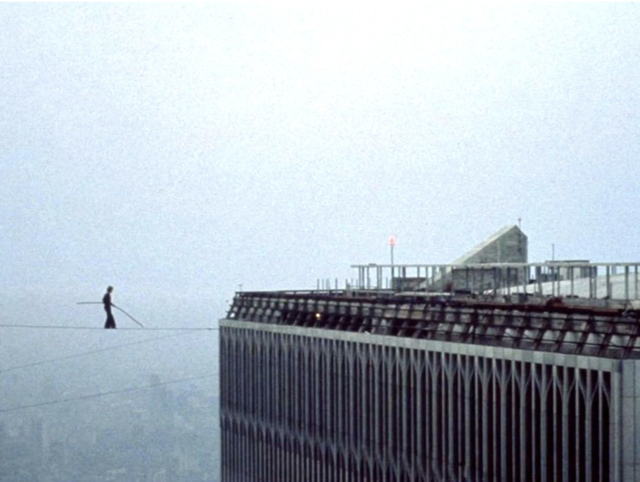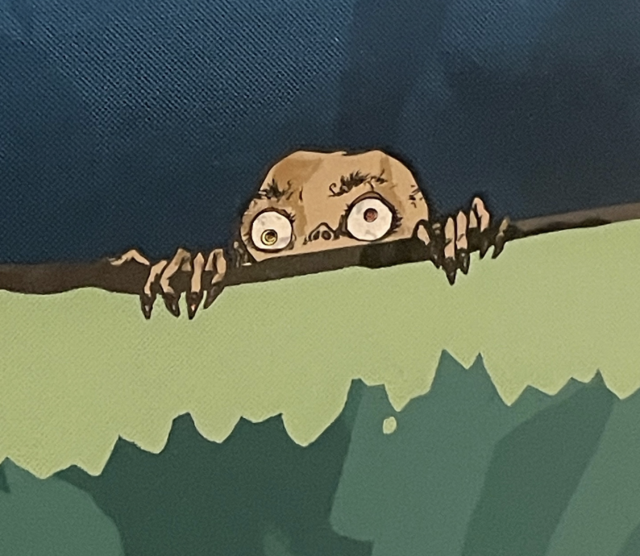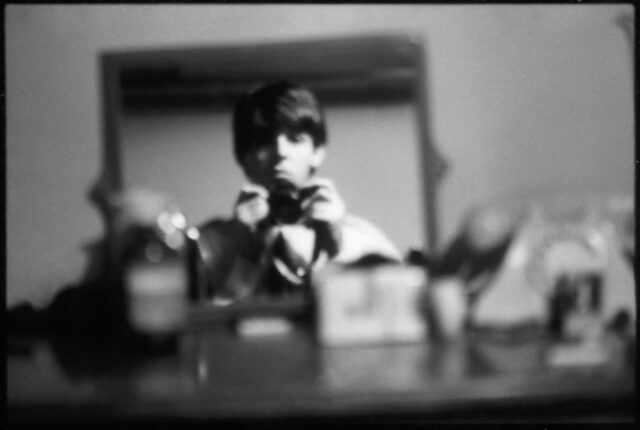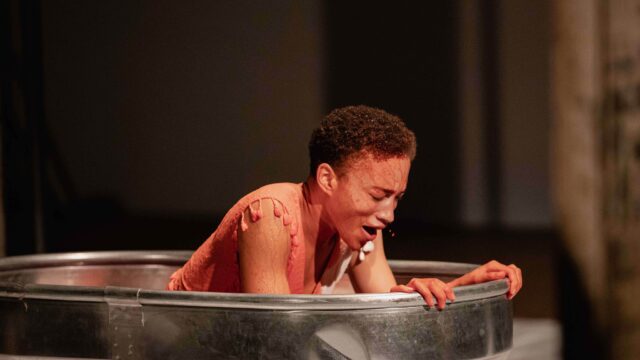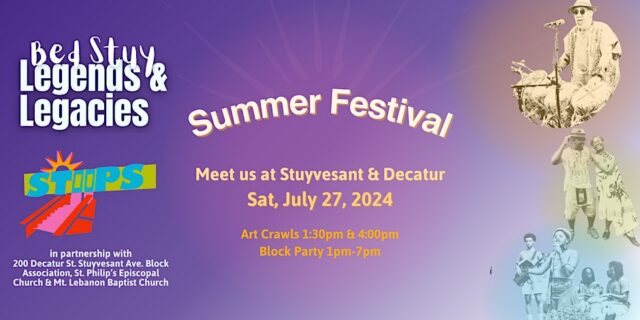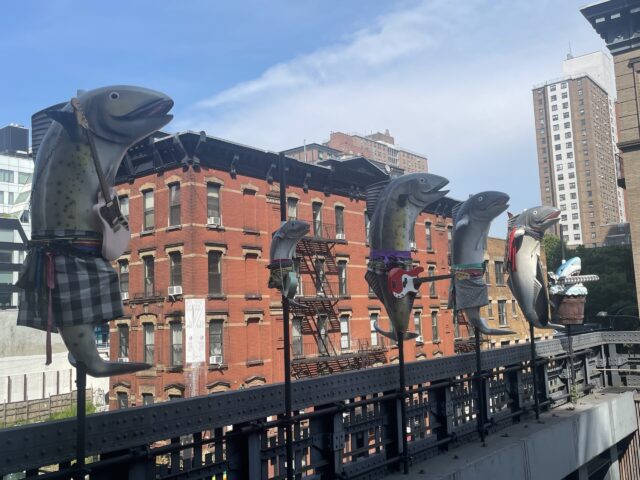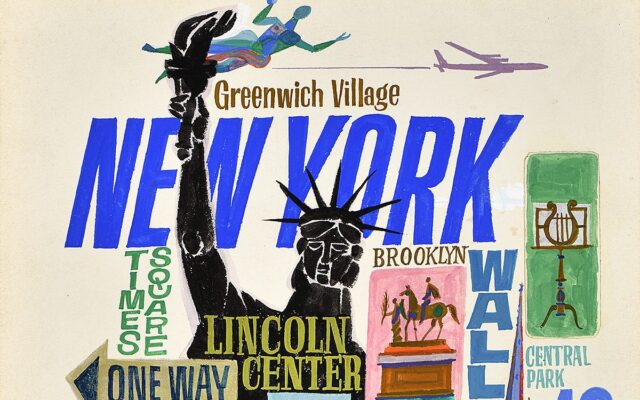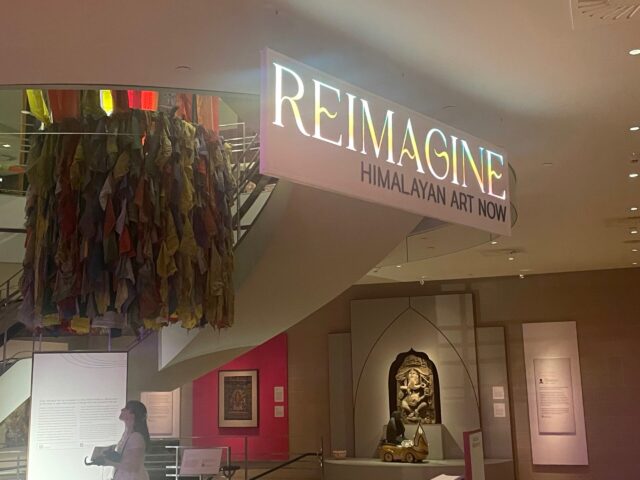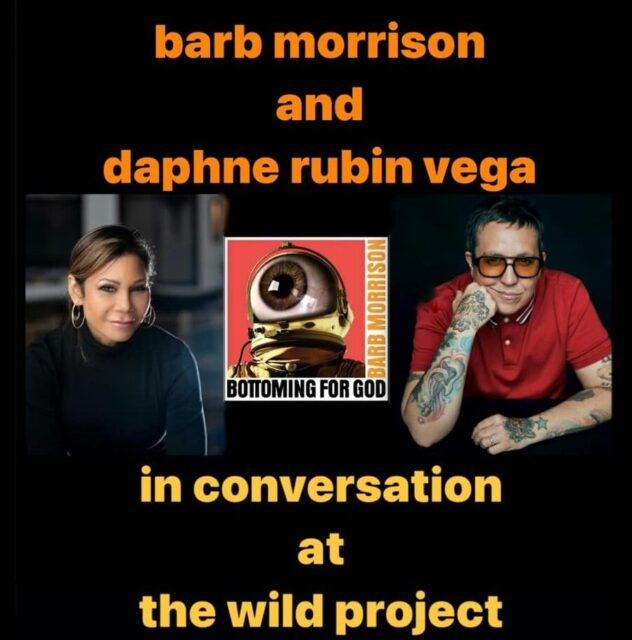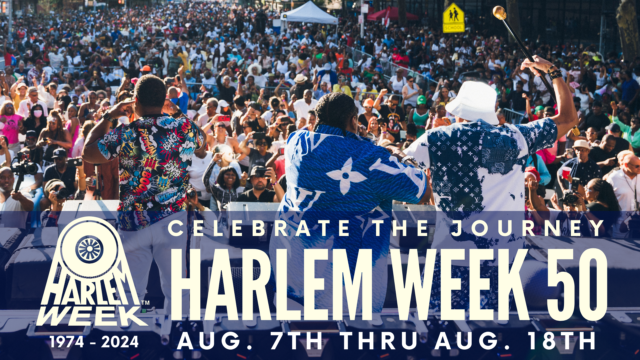
HARLEM WEEK
Multiple locations in Harlem
August 7-18, free
harlemweek.com
Fifty years ago, actor and activist Ossie Davis cut a ribbon at 138th St. and the newly renamed Adam Clayton Powell Jr. Blvd. (formerly Seventh Ave.), opening what was supposed to be a one-day, one-time-only event known as Harlem Day; Davis called it “the beginning of the second Harlem Renaissance.” Among the cofounders were Davis, his wife, Ruby Dee, Maya Angelou, James Baldwin, Harry Belafonte, Ornette Coleman, Lloyd E. Dickens, David Dinkins, Basil Paterson, Tito Puente, Charles Rangel, Max Roach, Vivian Robinson, “Sugar Ray” Robinson, Hope R. Stevens, Bill Tatum, Barbara Ann Teer, and Rev. Wyatt T. Walker.
The festival has blossomed over the last half century into the annual favorite Harlem Week, a summer gathering packed full of live performances, film screenings, local vendors, panel discussions, a job fair, fashion shows, health screenings, exhibits, and more. This year’s theme is “Celebrate the Journey”; among the highlights are the Uptown Night Market, the Percy Sutton Harlem 5K Run & Health Walk, Great Jazz on the Great Hill, Harlem on My Mind Conversations, a Jobs & Career Fair, the Children’s Festival, the Concert Under the Stars, and the centerpiece, “A Great Day in Harlem.” Below is the full schedule; everything is free.
Wednesday, August 7
Climate Change Conference, Adam Clayton Powell Jr. State Office Building, West 125th St., 6:00
Thursday, August 8
Uptown Night Market, 133rd St. & 12th Ave., 4:00 – 10:00
Harlem Summerstage, Adam Clayton Powell Jr. State Office Building, 5:30
HW 50 Indoor/Outdoor Film Festival, 7:00
Friday, August 9
Senior Citizens Day, with health demonstrations and testing, live performances, exhibits, panel discussions, the Senior Hat Fashion Show, and more, Adam Clayton Powell Jr. State Office Building, 10:00 am – 3:00 pm
Saturday, August 10
NYC Summer Streets Celebrating Harlem Week’s 50th Anniversary, 7:00 am – 3:00 pm
The Percy Sutton Harlem 5K Run & Health Walk, West 135th St., 8:00 am
Choose Healthy Life Service of Renewal and Healing, noon
Great Jazz on the Great Hill, Central Park Great Hill, 4:00
Harlem Week/Imagenation Outdoor Film Festival: Black Nativity (Kasi Lemmons, 2013), 7:00
Sunday, August 11
A Great Day in Harlem, with Artz, Rootz & Rhythm, the Gospel Caravan, AFRIBEMBE, and Concert Under the Stars featuring the Harlem Music Festival All-Star Band, music director to the stars Ray Chew, and special guests, General Grant National Memorial, Riverside Dr., noon – 7:00
Monday, August 12
Youth Conference & Hackathon, 10:00 am – 3:00 pm
Children’s Corner — Books on the Move: “Mommy Moment,” 10:00 am
Tuesday, August 13
Economic Development Day, noon – 3:00
Arts & Culture/Broadway Summit, 3:00
Harlem on My Mind Conversations, 7:30
Wednesday, August 14
NYC Jobs & Career Fair, CCNY, 160 Convent Ave., 10:00 am – 4:00 pm
Harlem on My Mind Conversations, 7:00
Thursday, August 15
Black Health Matters/HARLEM WEEK Summer Health Summit & Expo, with free health screenings, prizes, breakfast, and lunch, the Alhambra Ballroom, 2116 Adam Clayton Powell Jr. Blvd., 9:00 am – 3:00 pm
Harlem Summerstage, Adam Clayton Powell Jr. State Office Building Plaza, 5:00
Banking & Finance for Small Business & Entrepreneurs, Chase Community Banking Center, 55 West 125th St., 6:00 – 9:45
Harlem on My Mind Conversations, 8:45
Saturday, August 17
NYC Summer Streets Celebrating HARLEM WEEK’s 50th Anniversary, 109th St. & Park Ave. – 125th St. & Adam Clayton Powell Jr. Blvd., 7:00 am – 3:00 pm
NYC Children’s Festival, with storytelling, live performances, dance, hip hop, theater, poetry, arts & crafts, double dutch competitions, face painting, technology information, health services, and more, Howard Bennett Playground, West 135th St., noon – 5:00
Summer in the City, with live performances, fashion shows, and more, West 135th St., 1:00 – 6:00
Alex Trebek Harlem Children’s Spelling Bee, Schomburg Center for Research in Black Culture, 515 Malcolm X Blvd., 2:00
Harlem Week/Imagenation Outdoor Film Festival, Great Lawn at St. Nicholas Park, West 135th St. 6:00
Sunday, August 18
NYC Health Fair, West 135th St., noon – 5:00
NYC Children’s Festival, with storytelling, live performances, dance, hip hop, theater, poetry, arts & crafts, double dutch competitions, face painting, technology information, health services, and more, Howard Bennett Playground, West 135th St., noon – 5:00
Harlem Day, with live performances, food vendors, arts & crafts, jewelry, hats, sculptors, corporate exhibitors, games, a tribute to Harry Belafonte, and more, West 135th St., 1:00 – 7:00
[Mark Rifkin is a Brooklyn-born, Manhattan-based writer and editor; you can follow him on Substack here.]
